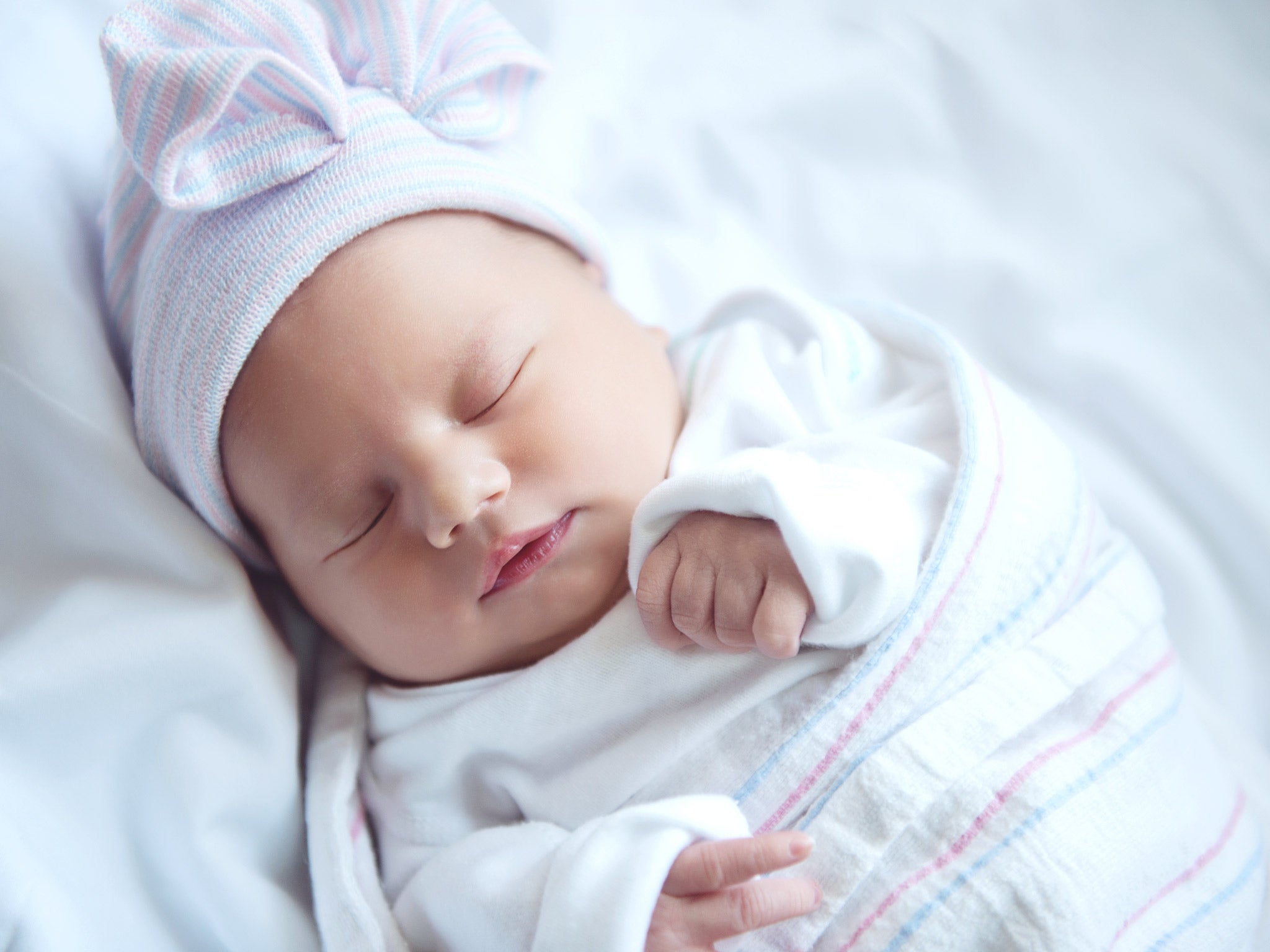Parents influenced by evolutionary tendency when naming children

Parents' choice of baby names is influenced by an evolutionary tendency to make boys sound large and girls sound small, thus improving their chances of procreating, scientists have claimed.
Popular boys' names - like Thomas, Oliver and Jack - are far more likely to contain broad vowels that we associate with largeness, while common names for girls - like Emily, Olivia and Sophie - tend to be smaller-sounding by comparison, researchers said.
The study, carried out by psychologists and an anthropologist at Queen Mary, University of London, drew on previous research which found that people have a strong sense of “sound symbolism” - associating different vowel sounds with different sizes and shapes - because our brains are hardwired to associate low frequency noises with large, dominant or threatening people or animals, while high frequency sounds are connected with smaller vocalisers.
Parents might be unconsciously choosing names that, from an evolutionary perspective, would “boost their son or daughter's success in life by increasing the chance of passing on their genes”, scientists said.
“In general, western societies tend to think of relatively taller men as more masculine and more successful with the opposite sex whereas shorter, slimmer women are perceived as having attractive feminine qualities,” said Dr Benjamin Pitcher, from Queen Mary's School of Biological and Chemical Sciences. “It seems that over time the English language has developed a preference for names that reflect our society's attitudes of what we deem to be attractive qualities in different sexes.”
Researchers examined the top 50 boys' and girls' names in England, the USA and Australia to test their hypothesis that popular boys' names would contain “large” vowels such as “o” as in “top” and “a” as in “back”, while girls' names would contain “small” vowels such as “i” as in “bid” and “e” as in “set”.
Of the top 50 boy's names, almost all displayed the large vowel characteristics, while almost all the top 50 most popular girl's names were made up of “small” vowel sounds.
In many mammals, including humans, larger individuals produce lower sounds. The report's authors said that the process of choosing larger sounding names for boys bore “similarities to the sexually selected breeding vocalisations of other mammals, where males advertise body size when calling”.
The scientists said they would investigate whether the gender bias in vowel sounds is also seen in languages other than English, and whether societies where different attributes were considered desirable had different naming conventions. For instance, the authors said that in South African Zulu societies, larger women were generally considered more attractive, and that girl's names “symbolic of larger sizes may be favoured in such societies”.
Co-author Dr Alan McElligott said that the study showed that the names historically given to boys and to girls were not arbitrary in origin. “Even though popular names change culturally, this explains why we perceive certain names as masculine and certain names as feminine. It is linked to an expression of body size.” he said.
Subscribe to Independent Premium to bookmark this article
Want to bookmark your favourite articles and stories to read or reference later? Start your Independent Premium subscription today.

Join our commenting forum
Join thought-provoking conversations, follow other Independent readers and see their replies